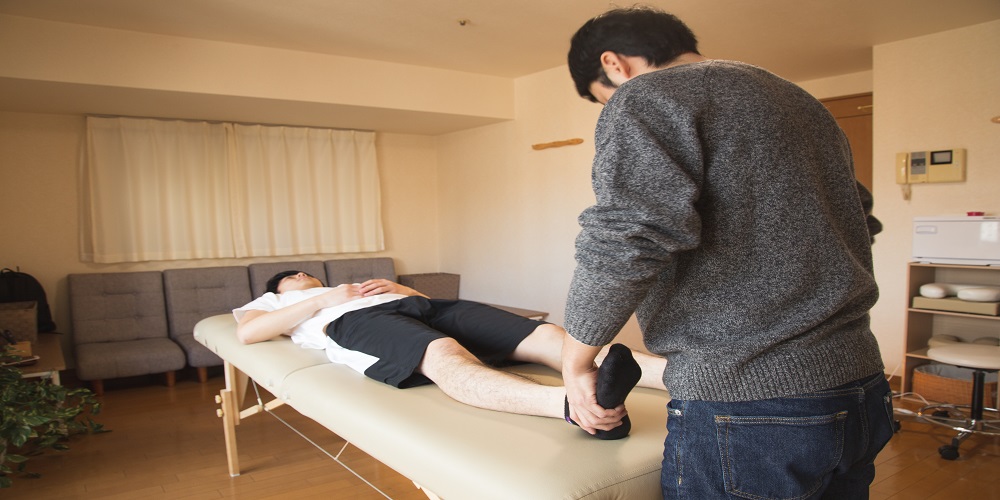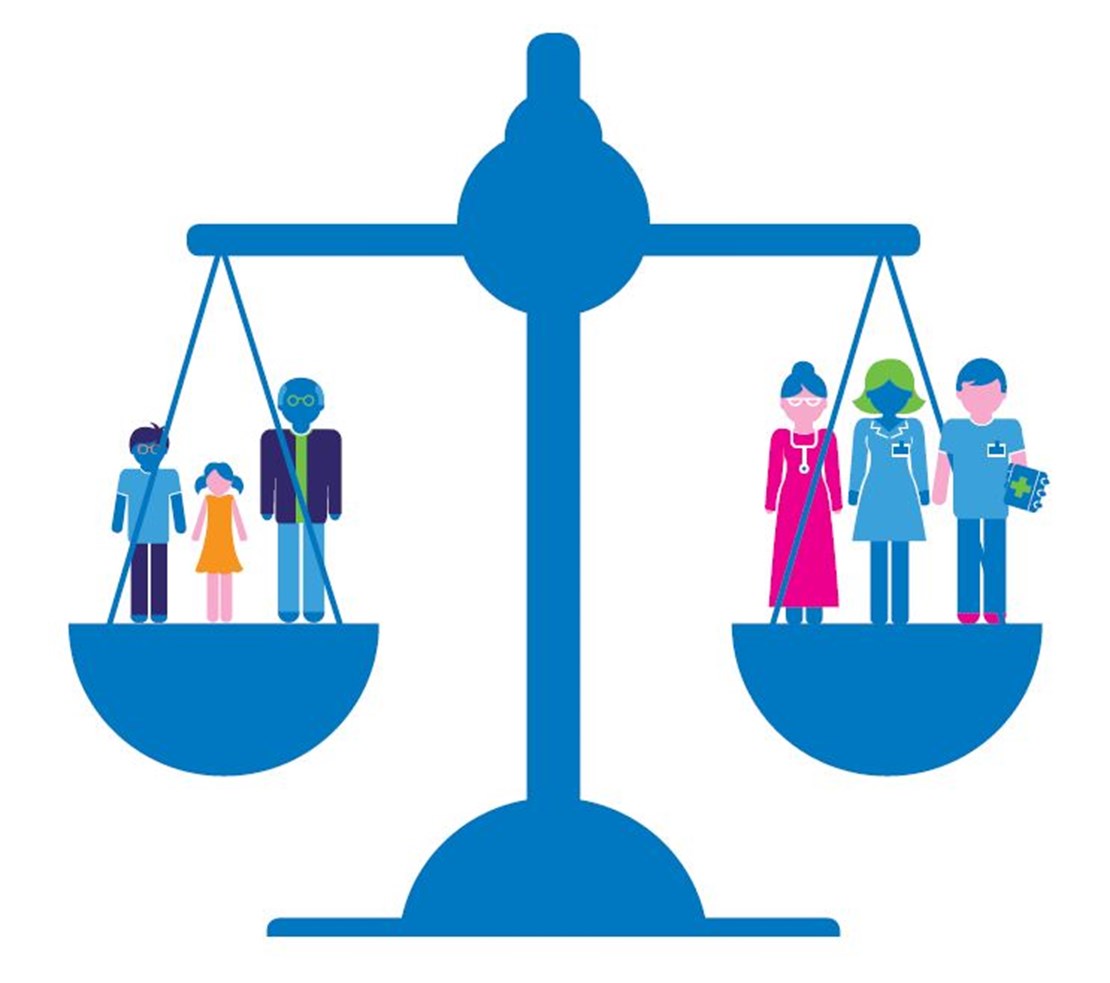By integrating physiotherapy into rehabilitation, physiotherapy empowers individuals to participate actively in their own personal recovery journey. It’s a holistic, patient-centered approach that promotes health, wellness, and a return to regular daily activities. In this artricle we will discuss about how important Role of Physiotherapy in Rehabilitation

The Role of Physiotherapy in Rehabilitation
While different treatment centers vary in terms of rehab strategies and mix of physiotherapy within their larger rehabilitation system, the following are the more common roles assigned to physiotherapy.
- Pain Management: Physiotherapy can help manage pain. Pain management is often a big part of rehabilitation. For example, after surgery, you might have pain. A physiotherapist can teach you exercises to help reduce this pain. They might also use techniques like massage or heat therapy.
- Improving Mobility: Physiotherapy helps people move better. If you’ve been injured or had surgery, you might find moving hard. Physiotherapists use exercises to improve strength and flexibility. It helps you move more efficiently and safely. A look into Oakville chiropractic treatment routines confirms the importance of physiotherapy in rehabilitation.
- Preventing Further Injury: Physiotherapy is not just about recovery. It’s also about preventing future injuries. A physiotherapist can show you how to move in ways that protect your body. This can help keep you safe in the future.
- Customized Care: Each person is different. So, each person’s rehabilitation needs to be different, too. Physiotherapists create a plan tailored to your needs. This plan considers things like your age, fitness level, and goals.
- Boosting Confidence: An injury or illness can shake your confidence. You might worry about getting hurt again. Physiotherapy can help with this. Your confidence can grow as you work with a physiotherapist and start to see improvements. It goes a long way to boost your recovery.
- Independence: One of the biggest goals of rehabilitation is to help people be independent. Physiotherapy plays a significant role in this. A physiotherapist can help you do more on your own through exercises and training. This can make a big difference in your quality of life.
- Boost Mental Health: The benefits of physiotherapy aren’t just physical. Dealing with injuries or chronic conditions can lead to feelings of anxiety or depression. Physiotherapy can help enhance mood and promote a positive mindset, which is crucial in the recovery process.
- Assist in Respiratory Function: Physiotherapy can also be used to improve respiratory function, particularly in individuals dealing with lung conditions. Physiotherapists can teach breathing exercises that help increase lung capacity and efficiency.
In conclusion, physiotherapy is a powerful tool in rehabilitation. It can help manage pain, improve movement, and prevent future injuries. Most of all, it can help people return to their daily lives. Physiotherapy can make a big difference in your rehabilitation journey, whether you are an athlete or an older adult.
If you need physical rehabilitation, consider physiotherapy or ask about it from the clinic or service provider you’re thinking of using in your recovery journey. Physiotherapy offers a proven way to help people recover. And remember, every step you take with a professsional physiotherapist is a step towards your goals. Keep going, and you’ll get there!




